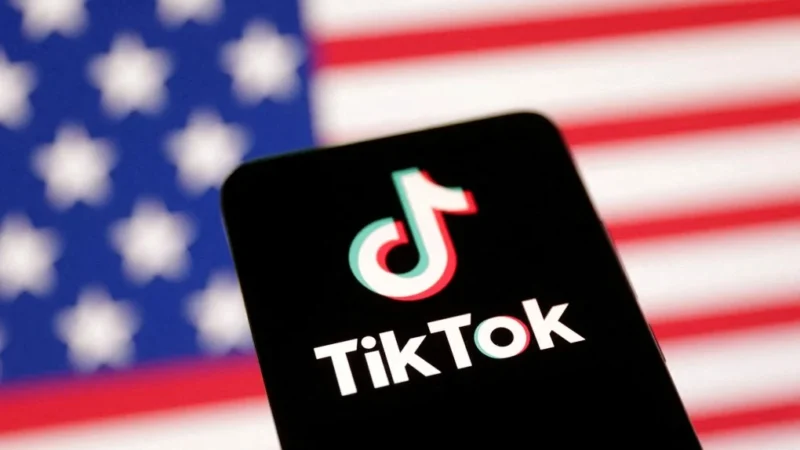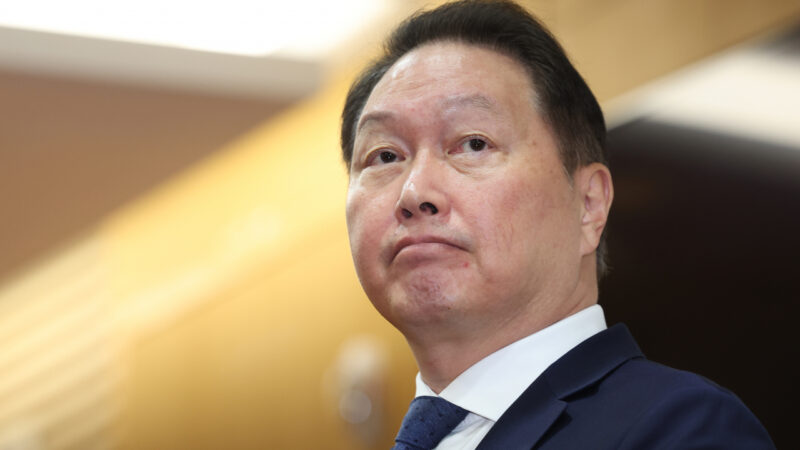Microsoft’s acquisition of Call of Duty Creator receives favourable support

The “Federal Trade Commission (FTC),” the competition watchdog in the United States, has faced another setback in its attempt to temporarily block Microsoft from finalising its acquisition of the company behind the popular game Call of Duty. Microsoft’s proposed purchase of Activision Blizzard for $69 billion would be the largest acquisition in gaming industry history. This deal has encountered legal challenges in the US and has divided regulators globally. The deadline for completion is set for July 18.
Late last Thursday, US District Judge Jacqueline Scott Corley rejected the FTC’s request to halt the Microsoft-Activision deal temporarily. This ruling adds to the ongoing legal battle between Microsoft and the FTC concerning the planned takeover. As a result, the FTC has sought a “temporary pause” on the deal from a different court. If any regulatory issues remain unresolved, Microsoft and Activision may need to negotiate an extension to the completion date. Failure to reach an agreement could result in either company walking away from the deal, with Microsoft potentially owing Activision a breakup fee of up to $3 billion.
In response to the FTC’s concerns, Microsoft had already agreed to licence the popular game Call of Duty to competitors, including a 10-year contract with Nintendo in Japan, contingent on the deal’s completion. The acquisition has also encountered hurdles in obtaining regulatory approval in the UK. However, earlier this week, the “UK’s Competition and Markets Authority (CMA),” which initially opposed the transaction, indicated that a revised deal could meet its requirements, pending a new investigation. On the other hand, European Union regulators have approved the deal, satisfied that Microsoft has addressed their competition concerns.
Microsoft’s president, Brad Smith, expressed disappointment with the FTC’s ongoing pursuit of what he considers a weak case. He stated that the company would oppose further attempts to delay progress on the deal. Despite these challenges, the fate of the acquisition remains uncertain, pending the outcome of the regulatory hurdles and legal battles it currently faces.






